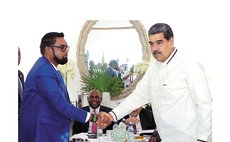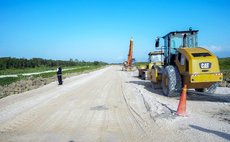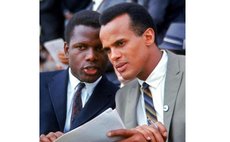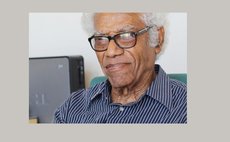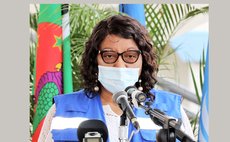Legendary Cuban leader Fidel Castro passes away at 90
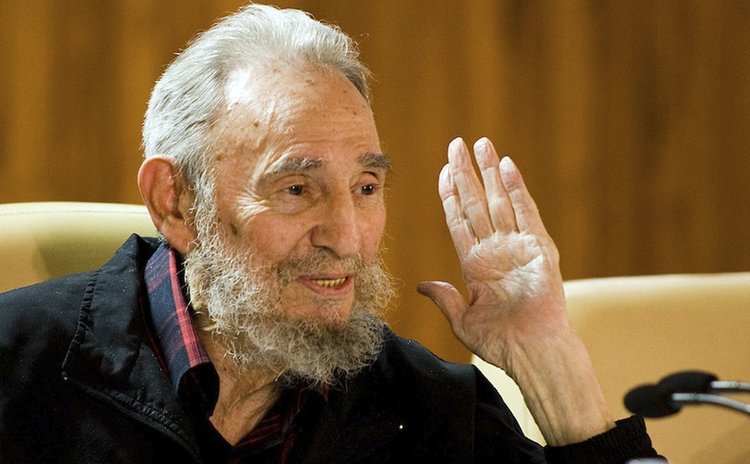
HAVANA, Nov. 26 (Xinhua) -- Cuban revolutionary leader Fidel Castro died late Friday at the age of 90.
"With deep sorrow, I report to the Cuban people that our beloved leader Fidel Castro passed away at 10:29 pm on Friday (0329 GMT Saturday)," Cuban President Raul Castro said in a statement broadcast on Radio Reloj.
His body will be cremated according to his will. The organizing committee for his funeral will give more details of the mourning.
Castro had led Cuba for nearly half a century before stepping down in 2006 for health reasons. He was succeeded by Raul Castro.
Fidel Castro spent the last years of his life largely out of the public eye, writing editorials on world affairs for Cuba's official Granma daily, and receiving dignitaries at his home in Havana.
The last such meeting was with Vietnamese President Tran Dai Quang on Nov. 15.
Castro's death has shocked Cuban people and the sorrow can be felt on the streets in Havana, where people went out to mourn the revolution leader.
David Matinez, 19, was with friends at the renowned Presidents Avenue in central Havana early Saturday morning. He said he heard the news from a policeman, who asked him and his friends to tune down the music in a gesture of respect.
"This is shocking news. Although Fidel is 90 years old, it still comes as a surprise to everyone. Fidel has always been a father figure to all Cubans. There would be nothing that we have now without him."
Mexican President Enrique Pena Nieto lamented the death of Castro, calling him "a friend of Mexico ... and a promoter of bilateral relationship based on respect, dialogue and solidarity."
Venezuelan President Nicolas Maduro has sent solidarity and love to the Cuban people via Twitter.
Castro was born on Aug. 13, 1926 in Biran, a village in Holguin Province, as the son of Spanish immigrant Angel Castro and Cuban farmer Lina Ruz.
He became well-known worldwide after he led the 1959 Cuban revolution that overthrew Cuban dictator Fulgencio Batista.
Almost immediately, the United States moved to topple Castro, fearing the socialist revolution would inspire the rest of Latin America.
Washington attacked Cuba on many fronts, including economically and financially, by imposing a trade embargo in February 1962 that continues to this day.
Castro's courage and wisdom are believed to have inspired a new generation of political leaders in Latin America, such as in Bolivia, Venezuela and Ecuador.
His legacy and vision can also be seen in Cuba's universal healthcare and education system, as well as its cutting-edge biotechnology and a pharmaceutical industry that rivals that of developed countries.
In 2014, Cuba was widely credited for being at the forefront of the international response to the Ebola crisis in West Africa.
